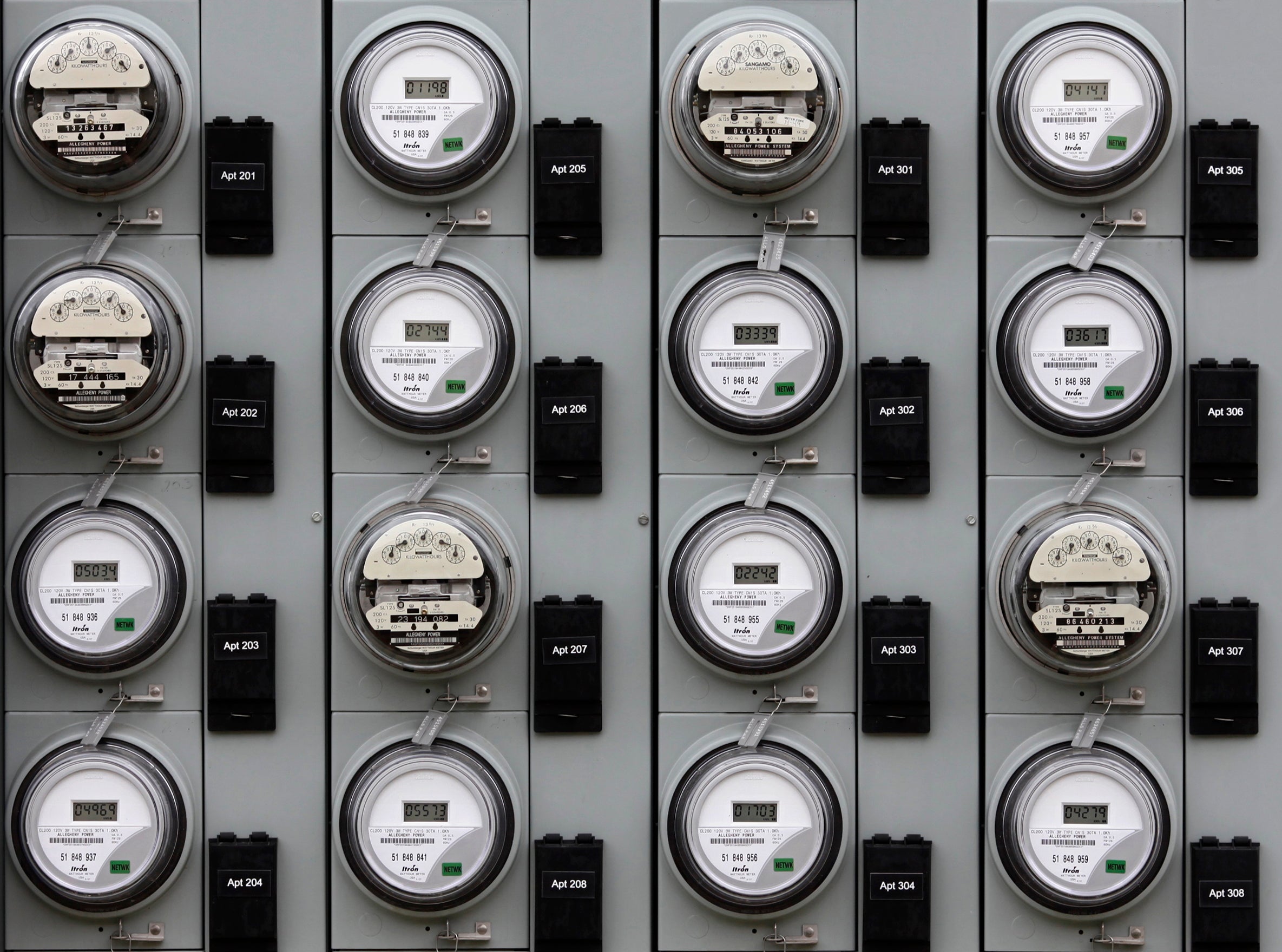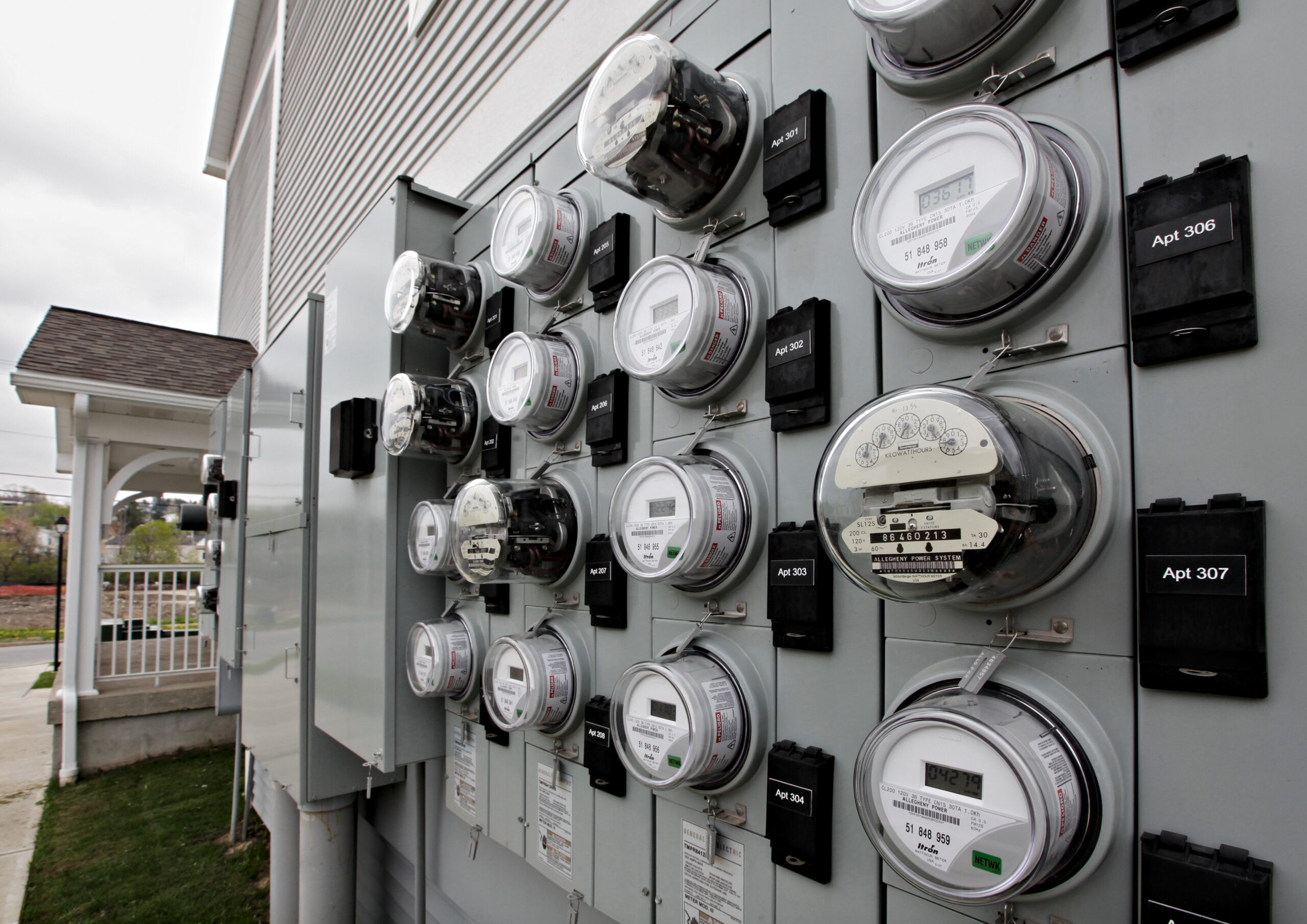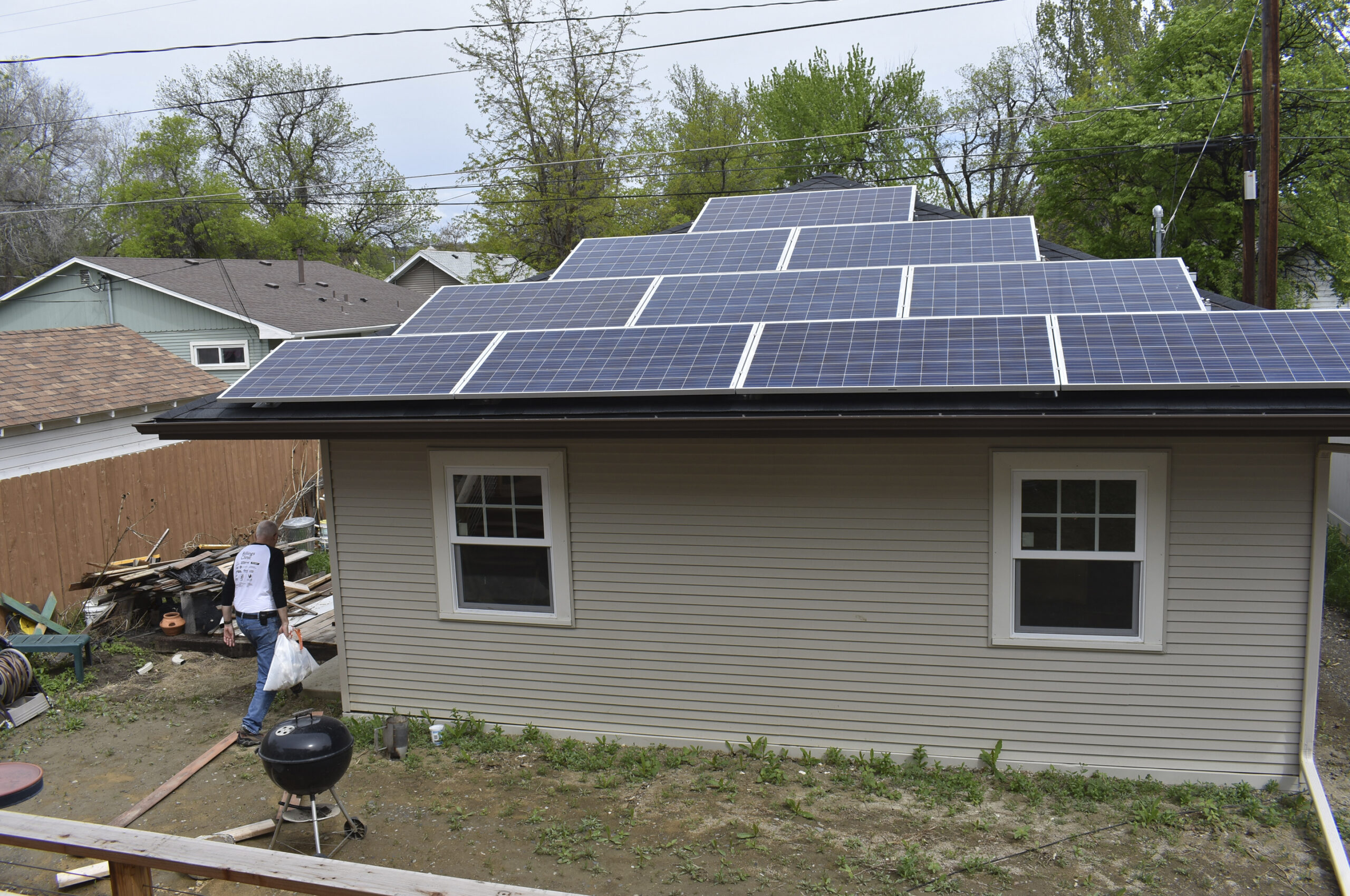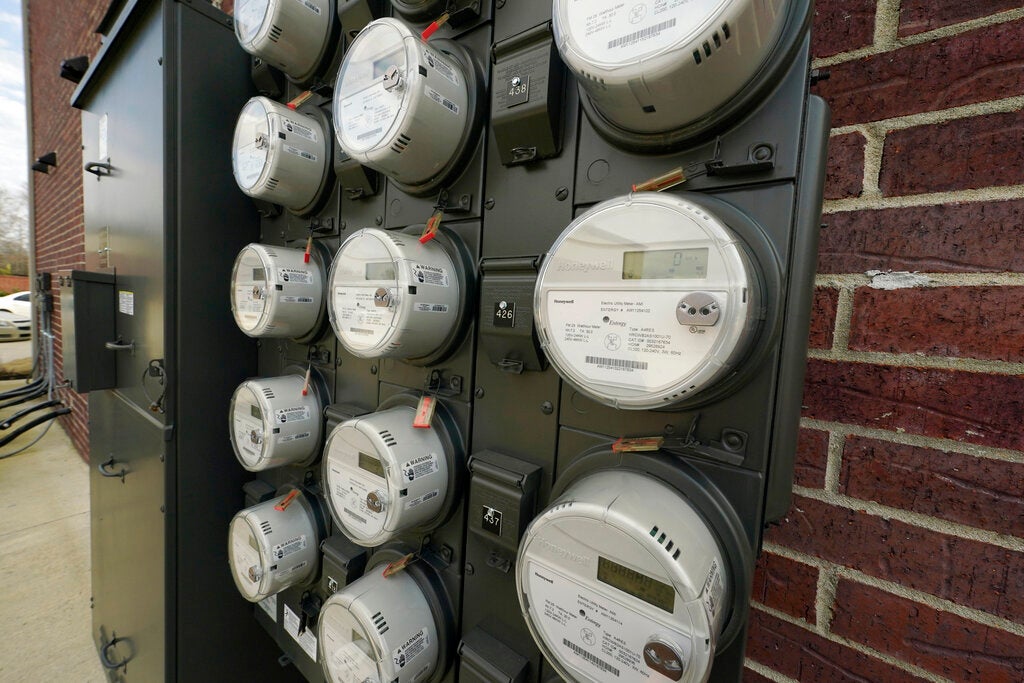Wisconsin’s utility regulator received input from customers this week to help guide an investigation into alternative low-income assistance programs at two of the state’s largest utilities.
The Public Service Commission of Wisconsin, or PSC, hosted listening sessions in Green Bay and Milwaukee on Monday and Wednesday, respectively. The listening sessions stem from rate increases regulators approved late last year for two WEC Energy Group utilities — We Energies and Wisconsin Public Service, or WPS.
We Energies primarily serves electric and natural gas customers in the southeast part of the state and the Appleton area, while WPS serves electric customers and natural gas customers in northeast and central Wisconsin.
Stay informed on the latest news
Sign up for WPR’s email newsletter.
As part of approving those rate increases, the PSC is working with the utilities and ratepayer advocates to look into new assistance programs for low-income individuals. One possibility the commission is examining is a Percentage of Income Payment Pilot, or PIPP. It would cap utility bills at a certain percentage of household income.
The listening sessions provided a space for customers to ask questions of regulators, ratepayer advocates and the utilities themselves, as well as share their experiences. Ratepayers also had the option to submit written comments.
“We thought it was important to get that public input,” commission staffer Stacy Schumacher said at one of the listening sessions. “We are here to gather first-hand, lived perspectives from customers that would use these programs — or could benefit from these programs — to help when the smaller stakeholder groups are investigating how these low income assistance programs could work.”
The Citizens Utility Board of Wisconsin is one of the entities working with utilities and the PSC to investigate new programs. Tom Content, the nonprofit’s executive director, said utility customers are “feeling the squeeze” from rising energy costs.
“People who were already struggling with poverty, with unemployment and with economic challenges are just having that much more of an impact from rising costs,” he said. “We’re hearing that there needs to be better communication about the programs that are already out there.”
At the Milwaukee listening session, Montre Moore, chair of nonprofit Walnut Way Conservation Corp.’s Environmental Justice and Infrastructure Initiative, said rising energy costs have had a disproportionate effect on the city’s people of color, and that the listening session helps give them a voice.
“All across our city, across our state, there are individuals currently paying anywhere between 6 to 20 percent (of their income) each month, just to cook their food and warm their house,” he said. “We have to — as a community — come together and force our utilities to do better, our Public Service Commission to hear us out and move this problem in a new direction.”
Keviea Guiden, an energy burden organizer with the North Side Rising-Citizen Action advocacy group, spoke at the listening session Wednesday. She told Wisconsin Public Radio that recent rate increases have been difficult for many in the Milwaukee community.
“Folks are furious — folks are being put in binds,” she said of the rate increase. “When your income is only $900 to $1,500 a month, $100 makes a difference, versus somebody who’s making $6,000 to $10,000 a month.”
WEC Energy Group spokesperson Brendan Conway said the utility company has taken steps to help its most vulnerable customers through its Low-Income Forgiveness Tool, or LIFT, program, donations to the Keep Wisconsin Warm Fund and helping customers secure state energy assistance.
“More than 55,000 customers have taken advantage of the LIFT program since 2021,” he said. “Customers on the program are three-and-a-half times more likely to stay current on their pay plans than customers on regular pay agreements.”
In written comments to the commission, some utility customers expressed skepticism about a possible PIPP program.
“Electricity based off of income has no merit,” wrote Milwaukee resident LaShawnta Lewis. “It should be based off of usage; not income. Income can not determine how much electricity each household is using.”
But others expressed interest in the program as a way to combat rising energy costs.
“If the goal is in fact to make it easier for families to keep their utilities on in homes that are overwhelmingly a century old or older, (a) Percentage of Income Payment Program should be an option,” wrote Adrian Spencer Good. “Low-income families are not the only families struggling to keep up with the ever rising cost of utilities.”
Guiden said she’s also in favor of implementing the program in Milwaukee because it would help give families struggling with payments some breathing room.
“The Percentage of Income Payment Program is a program that leaves nobody behind,” she said. “I believe PIPP has morals, it has respect and, most importantly, I think it gives families room to thrive.”
Another utility has already proposed a similar program to the PSC. Xcel Energy, which serves parts of western and northwest Wisconsin, filed a request in February to establish a program that would lower eligible customer bills to no more than 4 percent of their annual income for each service type.
“Through this new program we are seeking to increase financial assistance to customers who are having the most difficulty paying their energy bills,” Tyrel Zich, Xcel’s regional vice president for Wisconsin, said in a statement. “We know these are challenging economic times and we will continue to find ways to support our customers and communities.”
Content said PIPPs already exist in other states, and bring the energy burden of low-income customers more in line with that of other ratepayers.
“For a typical customer, only 4 to 6 percent of your total income should be going toward your utility bills. For those who are suffering from energy insecurity or high household energy burden, (that) can be much, much higher than 6 percent,” he said. “The goal of these programs is to blunt the impact of rising energy costs on customers who are struggling.”
Editor’s note: The Citizens Utility Board of Wisconsin is an underwriter of Wisconsin Public Radio.
Wisconsin Public Radio, © Copyright 2025, Board of Regents of the University of Wisconsin System and Wisconsin Educational Communications Board.




